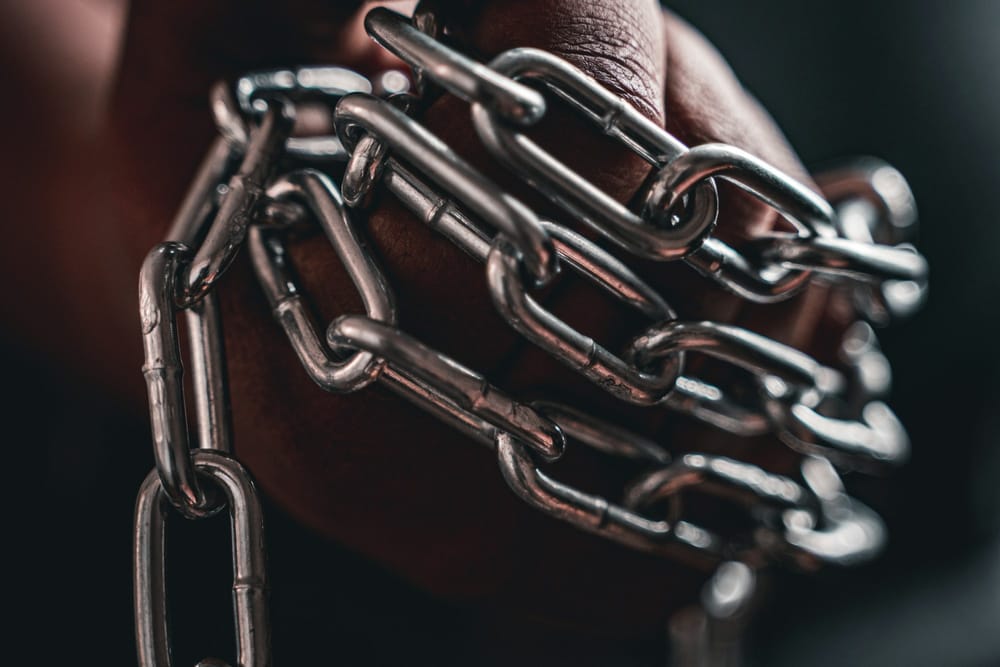I wrote a novella which I’m publishing on Kindle Vella, releasing about four episodes a week. Today, Chapters Five and Six came out. Chapter Six is titled Buck Breaking, in which a male enslaved person is brutally raped as punishment for not obeying his master.
When marketing this chapter on social media, I started writing a warning about the material so anyone wishing to avoid a possibly triggering event would have that choice. I was in the middle of the warning when I realized I’d written no such warning for the enslaved women who were raped in the book.
The protagonist is a large Black man who was forced into becoming a “Buck” and made to mate with Black women who had no choice but to become his “Breeders.” The women in that position provided varying degrees of resistance, with one taking her own life. No matter how hard or little they fought, in every instance, it was rape.
What made the rape of the male character different was only because male rape or “Buck breaking” is less common, and the men didn’t have to carry a child for nine months, raise it for a few years, then have it sold for the profit of the owner and never see the child again.
I’ve written several stories describing the breeding farms in America designed to meet the expanding need for slave labor, particularly after the end of the International Slave Trade in 1808, which instantly made plantation owners in Virginia, Delaware, and Maryland much richer. This includes Thomas Jefferson, who made it happen, describing the economics in a letter to George Washington about increasing profits by 4% when his female slaves had a child every two years.
The rape of a male slave was a terrible and brutal thing. The rape of Black women to bring children to the workforce as field hands, house servants, and fancies (brothel workers) is equally brutal and no less deserving of a warning.
Related: The Truth About American Slave Breeding Farms
Rape should never be normalized, not when men endure it or women. Writing about fictional characters as opposed to a historical narrative made me pay more attention to the feelings of those and their impact. The rape of the main character, Buckingham Randolph Jefferson, was a dramatic moment in the story and helped move the narrative. The rapes of several women throughout the book were just as traumatic for them as it was for Buckingham, perhaps more so.
This post originally appeared on Medium and is edited and republished with author's permission. Read more of William Spivey's work on Medium. And if you dig his words, buy the man a coffee.
